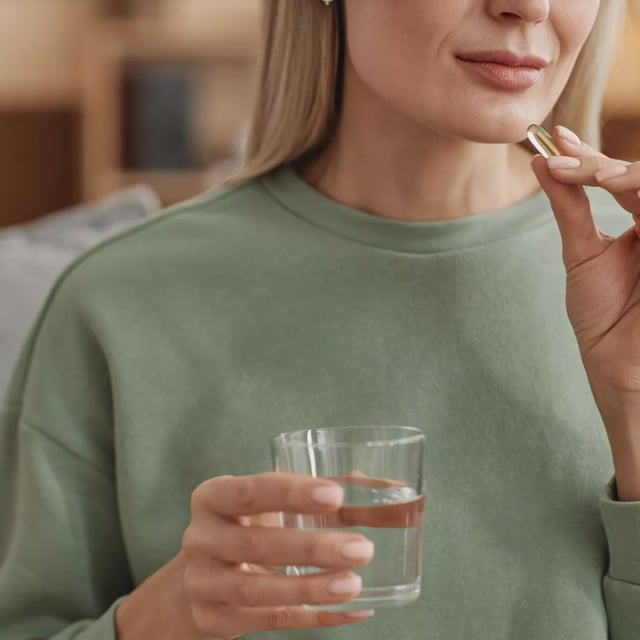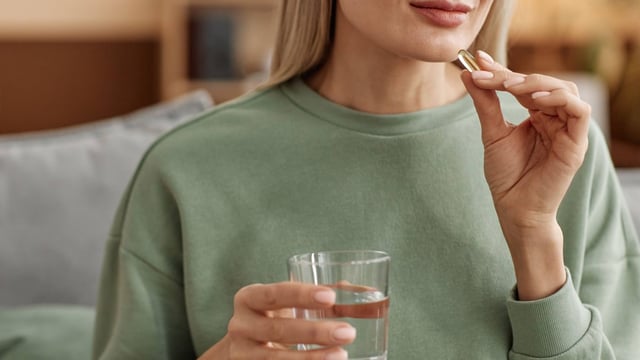Overview
- Adults are commonly advised to take about 600 IU (15 mcg) of vitamin D daily, with higher long‑term intakes capped near 4,000 IU to avoid toxicity.
- Dietary sources such as oily fish, eggs, mushrooms, and fortified foods can help maintain levels when sunlight exposure declines.
- Most glass blocks UVB, so indoor sun does not boost vitamin D, and tanning beds are discouraged because they emit mostly UVA and raise skin cancer risk.
- Experts highlight that supplements work better when taken with fat-containing foods like nuts or yoghurt because vitamin D is fat soluble.
- Some clinicians say routine testing or high-dose supplements are unnecessary for healthy people without risk factors, advising a targeted approach.



